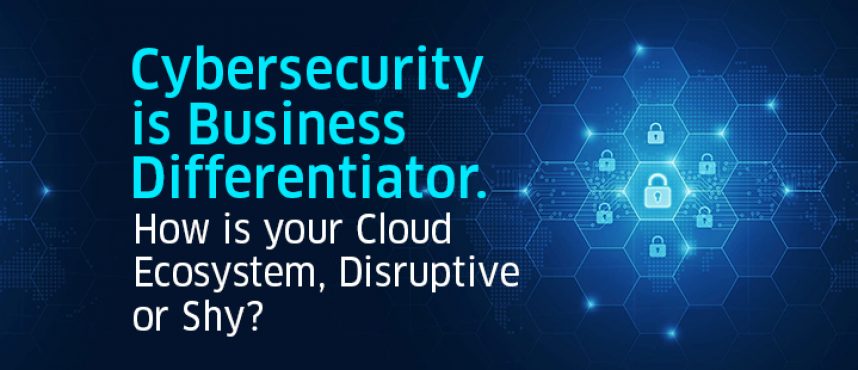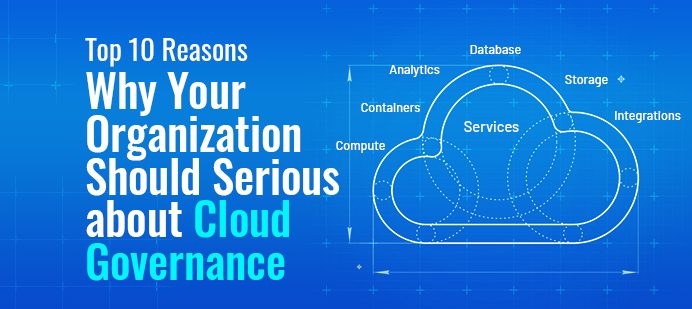Cybersecurity is Business Differentiator. How is your Cloud Ecosystem?
Do you know? Cloud is a shared responsibility between you and your cloud service provider.
Cybersecurity is Business Differentiator. How is your Cloud Ecosystem, Disruptive or Shy?
Do you know? Cloud is a shared responsibility between you and your cloud service provider. You implement a cloud security strategy to protect your data, adhere to regulatory compliance and protect your customers’ privacy.
Cloud security, or cloud computing security, consists of various technologies and tools designed to protect each aspect of the Shared Responsibility Model. Although cloud users aren’t responsible for the security of the underlying infrastructure, they are responsible for protecting their information from theft, data leakage and deletion. Many security approaches in the cloud are the same as those of traditional IT security, but there are some fundamental differences. Whether you implement public, private or hybrid cloud environments, it’s important to adopt security controls that facilitate frictionless deployment and don’t hinder the dynamic, agile nature for which cloud environments are renowned. In todays blog post we will cover how you should look at your cloud security ecosystem? What to Check and Expect from your cloud security architecture.
The public cloud is a cloud computing model in which IT services are delivered via the public internet. In this case, the entire underlying infrastructure is completely owned and operated by a third-party cloud provider, such as Google Cloud, Amazon or Microsoft. Public cloud deployments are often used to provide common services like web-based applications or storage, but they can also be used for complex computations or to test and develop new services.
In a private cloud, infrastructure is provisioned for exclusive use by a single business or organization. It can be owned, managed and operated by the business, a third-party service provider, or a combination of the two. It can also be located on the business’s premises or off, similar to the public cloud. Any application can be run in a private cloud environment, including websites, big data and machine learning applications, and databases.
A hybrid cloud is a combination of on-premises, private and/or public cloud environments that remain separate yet orchestrated. In a hybrid cloud environment, data and applications can move between environments, enabling greater flexibility – especially for organizations looking to extend their existing on-premises footprints with specific use cases ideally suited for the cloud.
Cloud services offer many advantages for organizations looking to reduce their data center footprints or accelerate business growth. Consequently, the ability to log in to cloud environments from anywhere with an internet connection vastly increases the risk of attacks. The top cloud security challenges cited by cybersecurity professionals in the 2018 Cloud Security Report by Cybersecurity Insiders were data loss/leakage, threats to data privacy and breaches of confidentiality.
To fulfil their security responsibilities as part of the Shared Responsibility Model, enterprises need tools that provide below points and also covered in our Cybersecurity Solutions:
- Visibility into activity within cloud applications
- Detailed analytics on usage to prevent data risk and compliance violations
- Context-aware policy controls to drive enforcement and remediate when violations occur
- Realtime threat intelligence on known and unknown threats to detect and prevent new malware insertion points
In the face of dynamic threats, organizations need purpose-built tools that can rapidly discover cloud threats in real time, understand their severity, and immediately act through automated playbooks.
If you need any support in implementing a Cloud Security Architecture, Security Access Service Edge Solution or Security Operation Centre. We are here to help, let us know your query now contact us today or get in touch with us on below contact details.
M: +91-8879004536| E: info@netlabindia.com





